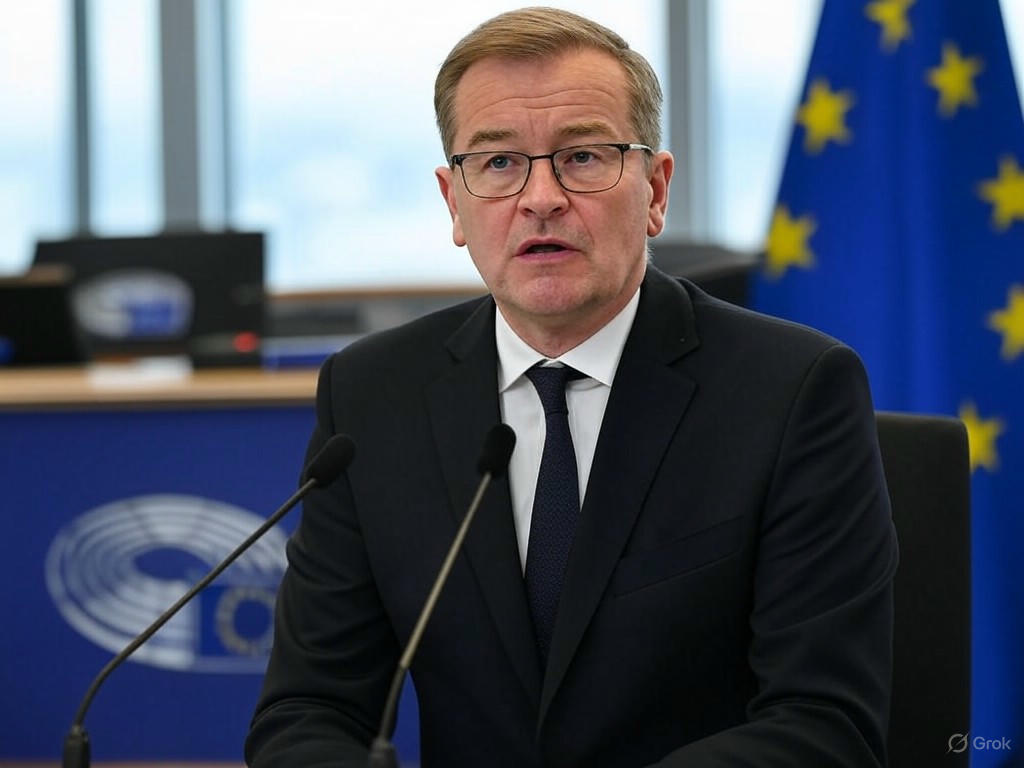EU Challenges China Over Rare Earth Export Limits: A Growing Industrial Concern
The European Union has intensified its diplomatic efforts to confront China over stringent export controls on rare earth elements, materials deemed critical for modern industrial production. These minerals, vital for manufacturing everything from electric vehicle batteries to wind turbines, have become a focal point of tension between the two economic powerhouses. EU trade officials have expressed deep concern, stating that the restrictions are severely impacting European manufacturers, who rely heavily on these resources to maintain competitive production lines.
Rare earth elements, a group of 17 minerals, are indispensable in the creation of high-tech products and green energy solutions. Europe, lacking significant domestic reserves, depends on imports, with China controlling a dominant share of global supply. Over the past few years, Beijing has tightened its grip on exports, citing environmental concerns and the need to prioritize domestic industries. However, EU leaders argue that these measures are creating unfair market distortions, leaving European businesses grappling with supply shortages and soaring costs. The situation has sparked fears of a broader economic ripple effect, as industries critical to the EU’s green transition and technological advancement face uncertainty.
The EU’s trade chief recently highlighted the urgency of resolving this issue, describing the export controls as ‘alarming’ and a direct threat to the bloc’s industrial stability. Diplomatic channels have been activated, with Brussels pushing for negotiations to ensure a more balanced access to these essential materials. Some analysts suggest that the EU might explore alternative strategies, such as diversifying supply chains or investing in recycling technologies to reduce dependency on Chinese exports. Yet, these solutions require time and significant financial commitment, leaving immediate concerns unresolved. There is also talk of potential retaliatory trade measures if dialogue fails, though such actions risk escalating tensions into a broader trade conflict.
Beyond the economic implications, this dispute underscores the geopolitical stakes tied to rare earths. Control over these resources is not just a matter of industrial need but also a lever of global influence. As the world races toward a sustainable future, securing a steady supply of these minerals is paramount for any nation aiming to lead in innovation. The EU’s push for fair access reflects a broader struggle to balance economic interdependence with strategic autonomy, a challenge that will likely shape international relations for years to come.
As discussions between the EU and China continue, the outcome remains uncertain. European manufacturers are watching closely, hoping for a resolution that safeguards their access to these critical materials. Meanwhile, the situation serves as a stark reminder of the vulnerabilities embedded in global supply chains. For now, the EU stands firm in its call for transparency and fairness, urging China to reconsider its policies and foster a more equitable trade environment. The world waits to see whether cooperation or confrontation will define the next chapter of this high-stakes resource rivalry.


